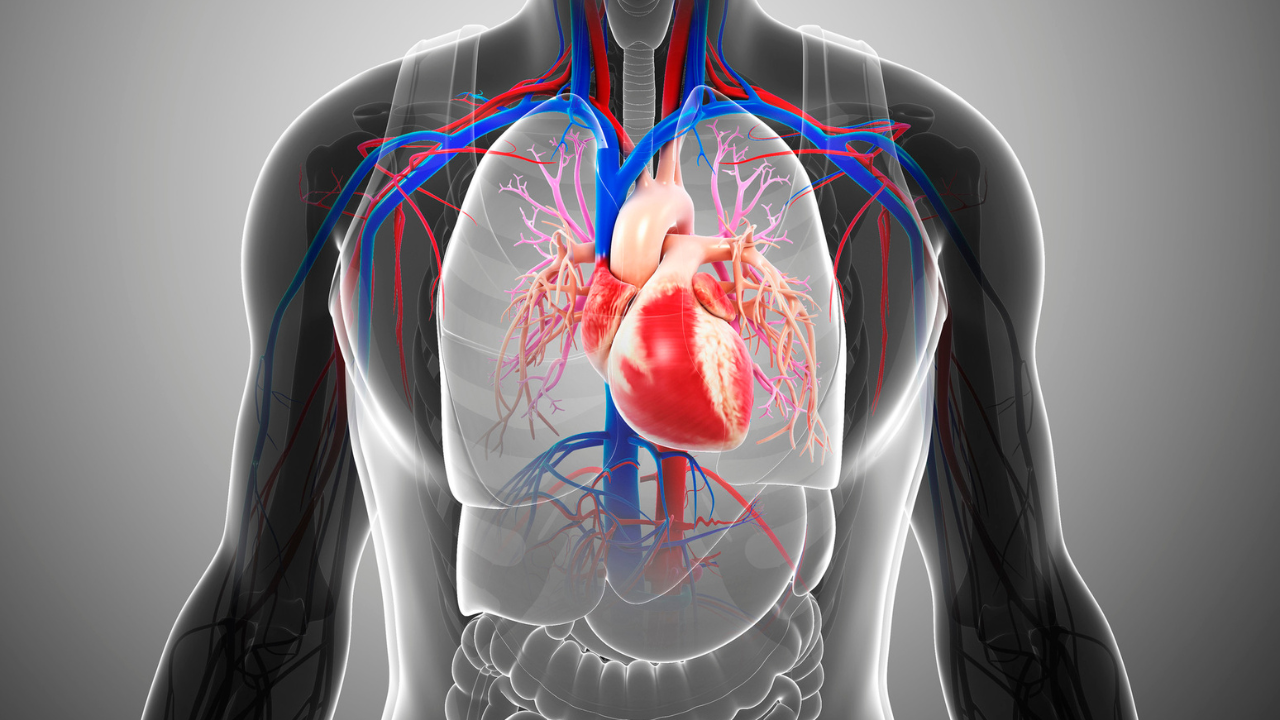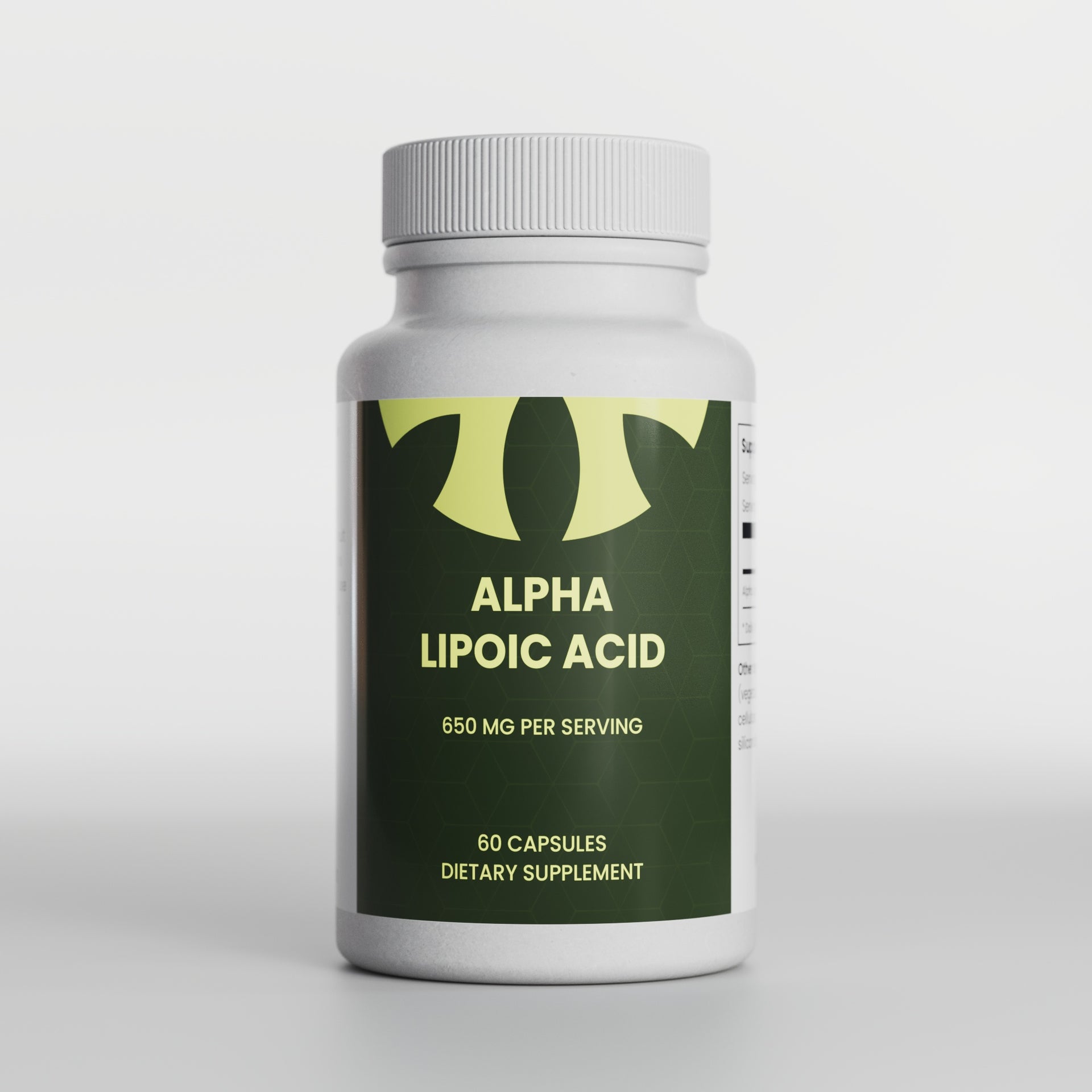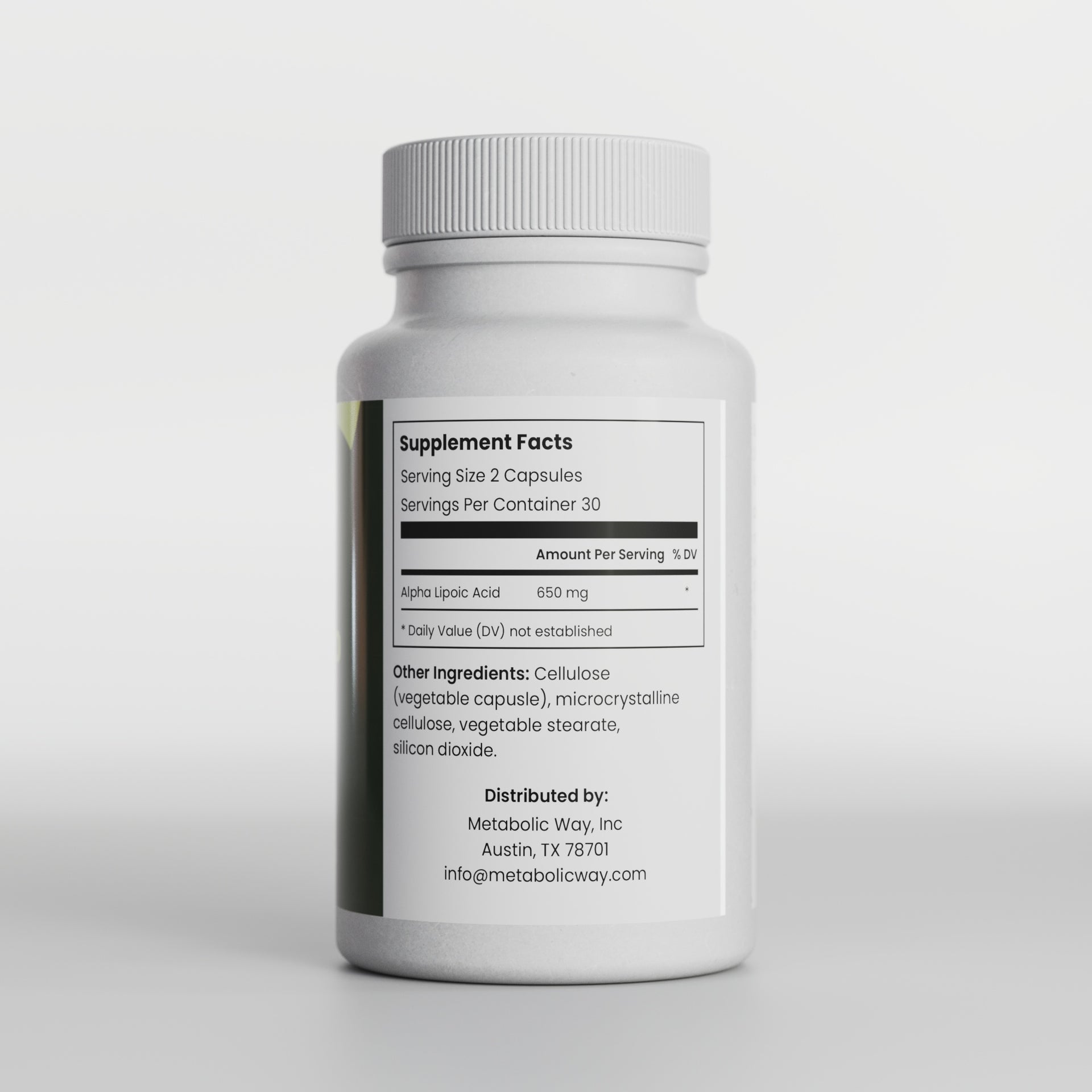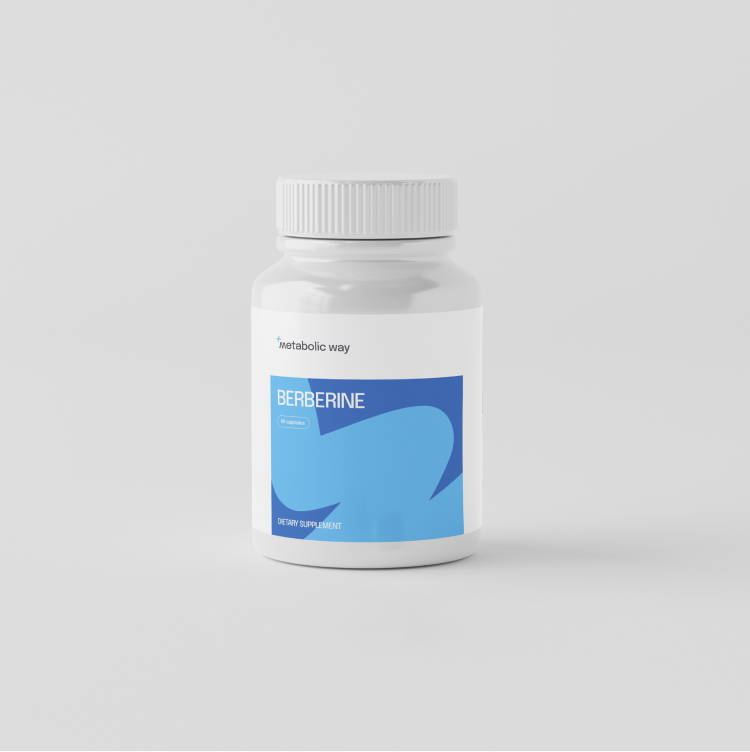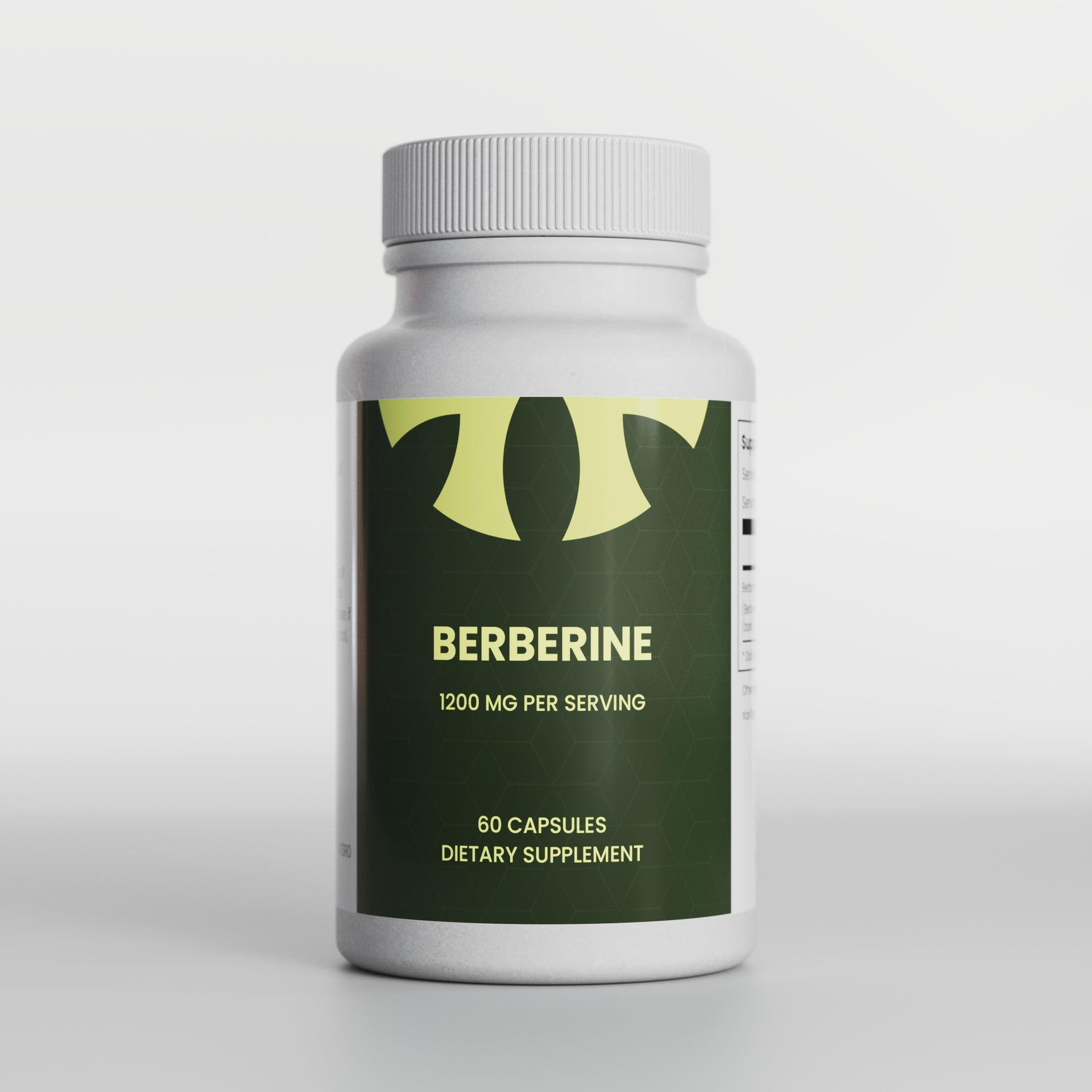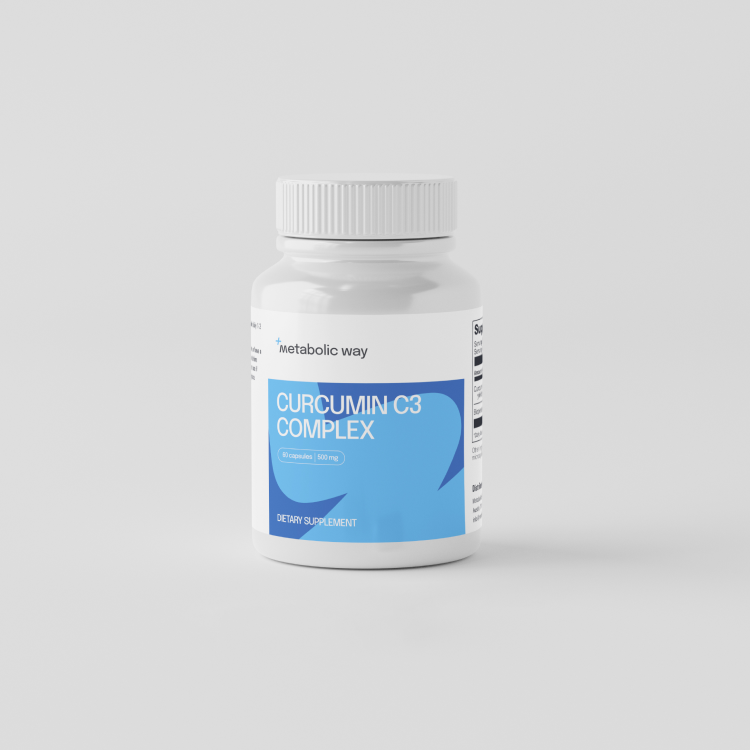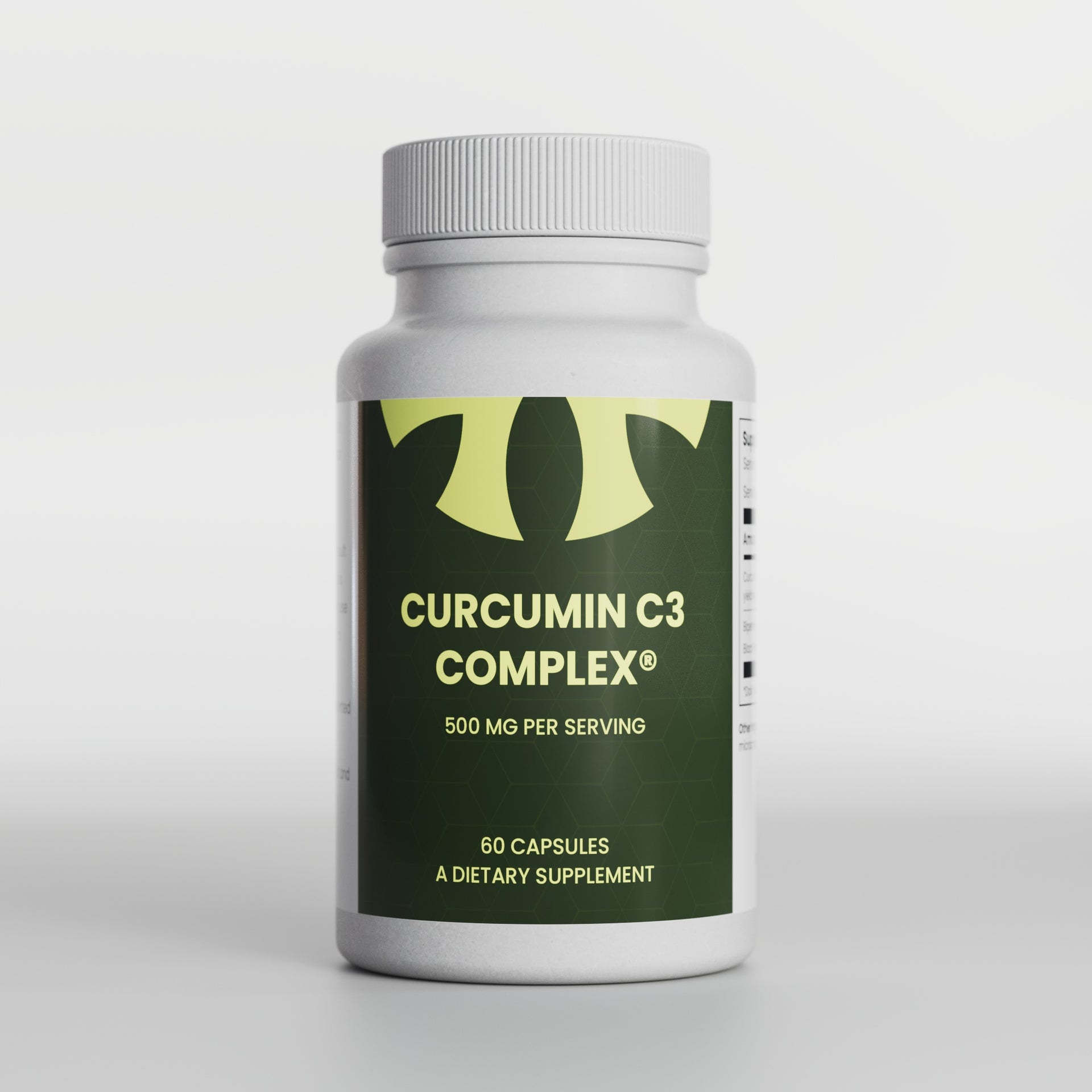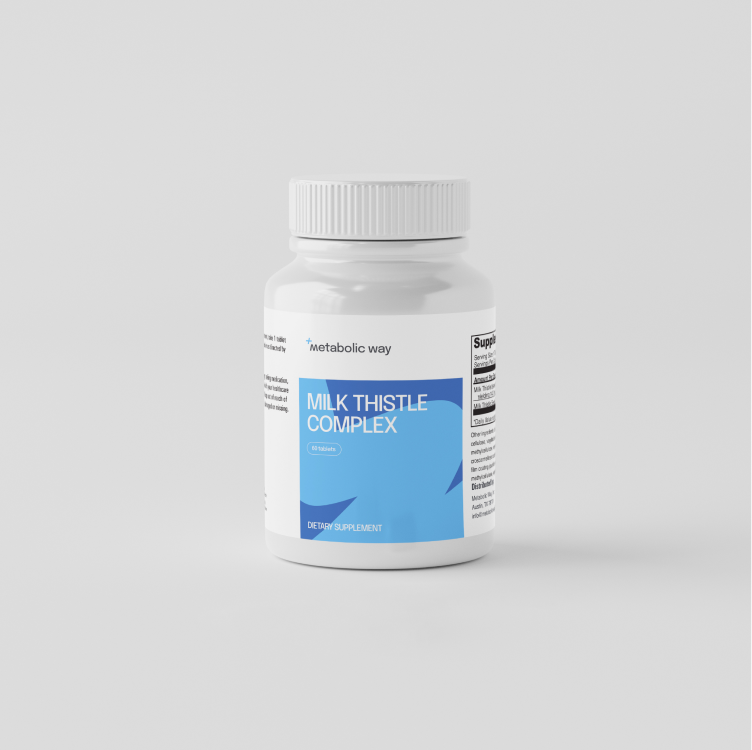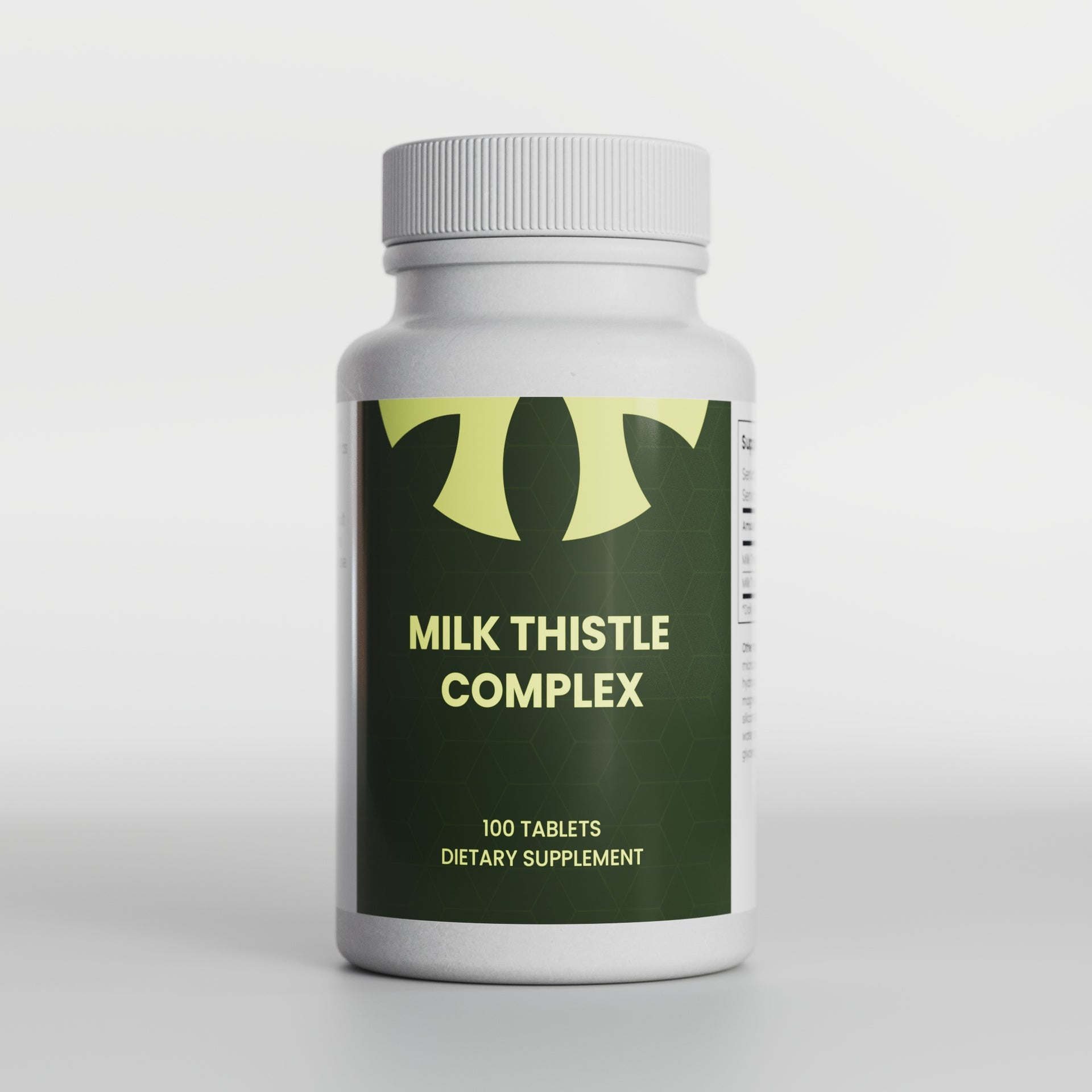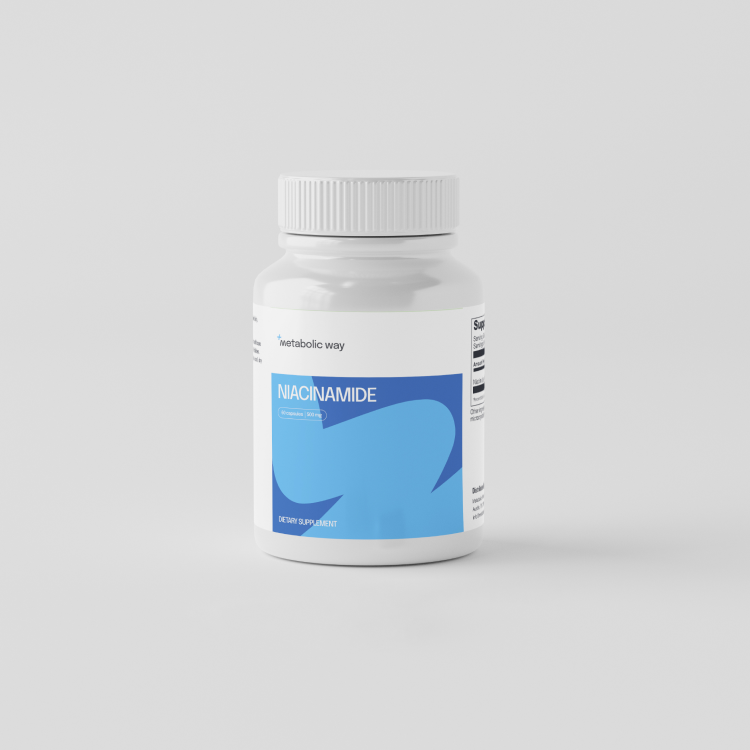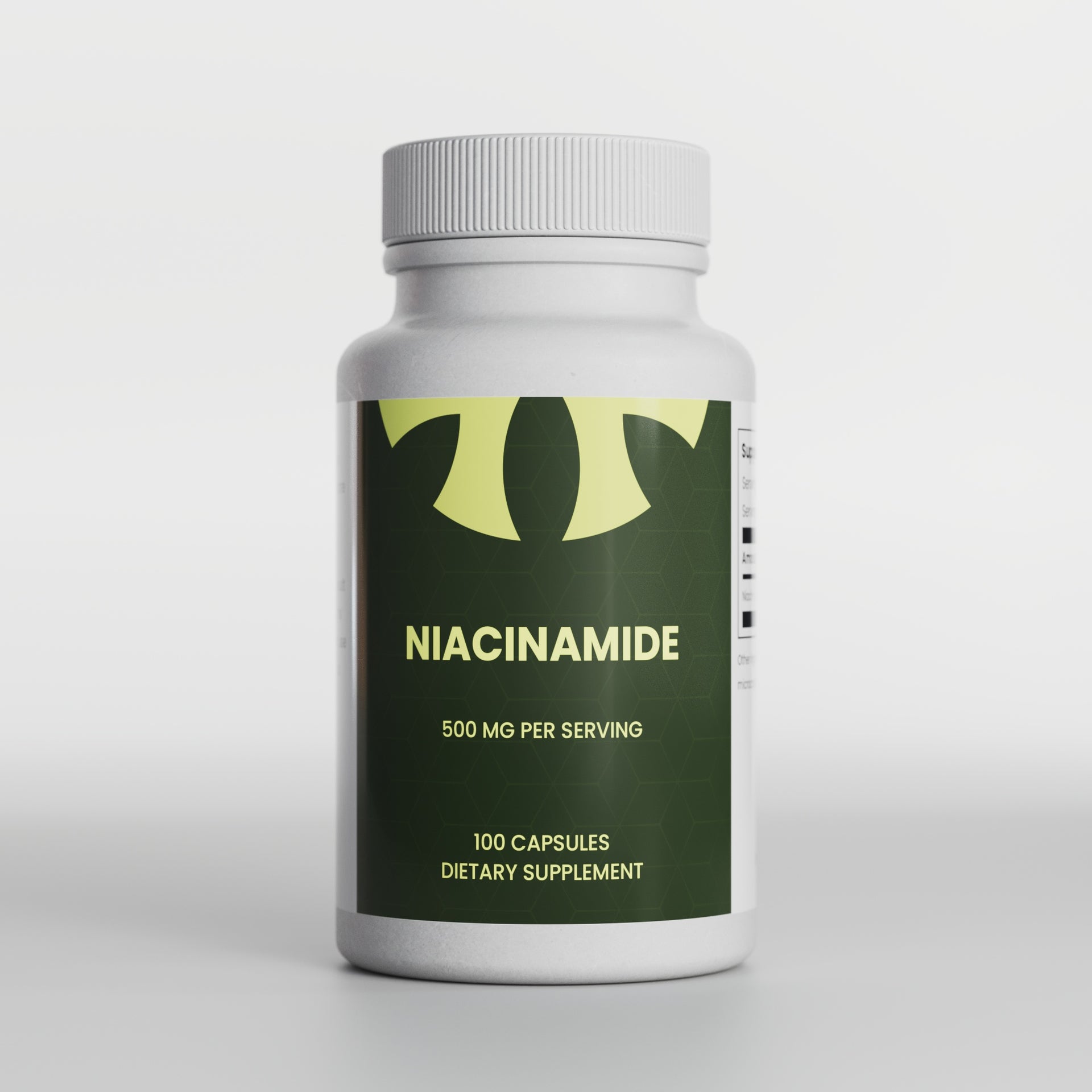Unlocking the Potential of Testosterone in Cardiovascular Wellness
Research Highlights:
Main Point 1: Testosterone plays a pivotal role in heart health, influencing factors like abdominal fat, insulin sensitivity, and atherosclerosis.
Main Point 2: Low testosterone levels are linked to a higher risk of cardiovascular diseases, and maintaining optimal testosterone levels is crucial for heart protection.
Main Point 3: Clinical studies emphasize the need for balanced hormone levels, and the benefits of testosterone in preventing heart attacks and strokes.
Additional Points: Inadequate hormone balance and the detrimental effects of excess estrogen are often overlooked factors in heart health.
Scientifically Reviewed by: Dr. Gary Gonzalez, MD, in August 2023
Introduction
Cardiovascular health is a matter of utmost concern, and emerging research suggests that the role of testosterone in heart health cannot be overstated. While testosterone has long been associated with masculine traits, it also wields significant influence over various aspects of cardiovascular wellness. This article explores the intricate relationship between testosterone levels and heart health, shedding light on why individuals, especially men, should pay close attention to their testosterone levels.
What You Need to Know
Point 1: Recent studies have unearthed compelling evidence supporting the idea that testosterone is not merely a hormone associated with masculinity but also a guardian of heart health. Maintaining optimal testosterone levels is crucial for preventing excess abdominal fat accumulation, preserving insulin sensitivity, and inhibiting the development of atherosclerosis.
Point 2: Low testosterone levels have been linked to an increased risk of cardiovascular diseases, including heart attacks and strokes. In a groundbreaking study, men with higher testosterone levels exhibited a significantly lower prevalence of diabetes, hypertension, and excess body fat. Those with the highest testosterone levels were not only healthier but also more physically active, highlighting the importance of this hormone in maintaining overall well-being.
Point 3: Clinical trials often fail to consider the delicate balance between testosterone and estrogen in the body. Men with imbalanced hormone levels, especially those with excessively high estrogen levels, face greater risks during testosterone replacement therapy. Understanding
the fine-tuned interplay between these hormones is crucial to ensuring the safety and efficacy of such treatments.
Point 4: Estrogen imbalance is frequently overlooked in medical assessments, and this can have lethal consequences. Elevated estrogen levels, often seen in aging men due to excess abdominal fat, can lead to heightened inflammation, platelet aggregation, and arterial plaque rupture, increasing the risk of heart attacks and strokes.
Section 1: The Testosterone-Heart Health Connection
Recent advancements in cardiovascular research have unveiled the multifaceted role of testosterone in maintaining heart health. Beyond its stereotypical associations, testosterone has emerged as a vital factor in preserving cardiovascular well-being.
Subsection 1.1: Preventing Atherosclerosis with Testosterone
Atherosclerosis, characterized by the buildup of fatty deposits in arterial walls, is a leading cause of heart attacks and strokes. Testosterone's crucial role in enabling HDL (high-density lipoprotein) to remove excess cholesterol from arterial walls has been well-documented. This process, known as "reverse cholesterol transport," is essential for preventing arterial occlusion. However, the significance of testosterone in facilitating this process is often underestimated.
Subsection 1.2: Hormone Balance and Safe Testosterone Replacement
Maintaining a delicate balance between testosterone and estrogen is paramount when considering testosterone replacement therapy. Clinical trials designed without a comprehensive understanding of hormonal equilibrium can pose significant risks to participants. To ensure the safety and efficacy of testosterone supplementation, it is imperative to monitor and balance both hormones meticulously.
Section 2: Clinical Evidence Supporting Testosterone's Heart Benefits
Robust clinical evidence underscores the importance of testosterone in protecting against cardiovascular events. Recent studies have illuminated the relationship between testosterone levels and heart health, providing critical insights into preventive strategies.
Section 3: Estrogen's Impact on Cardiovascular Risk
Estrogen, often regarded as a female hormone, plays a critical role in cardiovascular health, especially in men. Imbalances in estrogen levels, typically caused by excess abdominal fat, can substantially increase the risk of heart diseases. Understanding the detrimental impact of estrogen on heart health is essential for comprehensive cardiovascular care.
Summary
In summary, testosterone's influence on heart health extends far beyond traditional gender associations. Emerging research highlights its pivotal role in preventing atherosclerosis, reducing the risk of heart attacks and strokes, and maintaining overall cardiovascular wellness. However, achieving hormonal balance, especially in the context of estrogen, is critical for safe and effective testosterone replacement therapy. To protect heart health, individuals should consider comprehensive hormone assessments and tailored interventions when necessary.
References
- Bhasin S, Parker RA, Sattler F, et al. Effects of testosterone supplementation on whole body and regional fat mass and distribution in human immunodeficiency virus-infected men with abdominal obesity. J Clin Endocrinol Metab. 2007 Mar;92(3):1049-57.
- Chen RY, Wittert GA, Andrews GR. Relative androgen deficiency in relation to obesity and metabolic status in older men. Diabetes Obes Metab. 2006 Jul;8(4):429-35. 3. Abate N, Haffner SM, Garg A, Peshock RM, Grundy SM. Sex steroid hormones, upper body obesity, and insulin resistance. J Clin Endocrinol Metab. 2002 Oct;87(10):4522-7. 4. Boyanov MA, Boneva Z, Christov VG. Testosterone supplementation in men with type 2 diabetes, visceral obesity, and partial androgen deficiency. Aging Male. 2003 Mar;6(1):1-7.
- Grossmann M, Thomas MC, Panagiotopoulos S, et al. Low testosterone levels are common and associated with insulin resistance in men with diabetes. J Clin Endocrinol Metab. 2008 May;93(5):1834-40.
- Traish AM, Saad F, Guay A. The dark side of testosterone deficiency: II. Type 2 diabetes and insulin resistance. J Androl. 2009.
